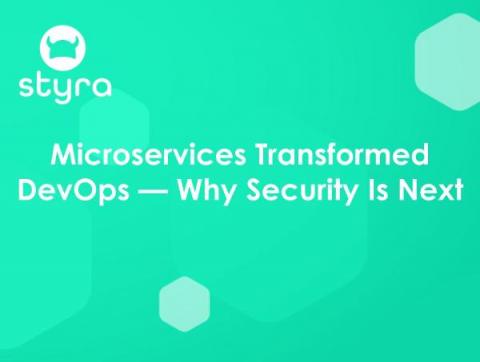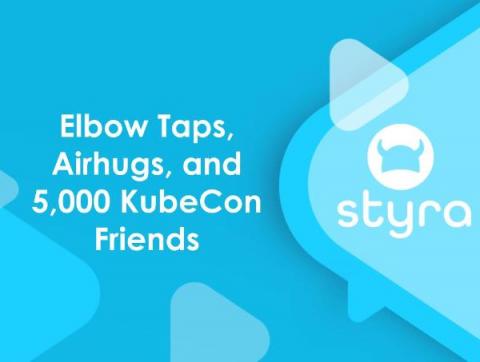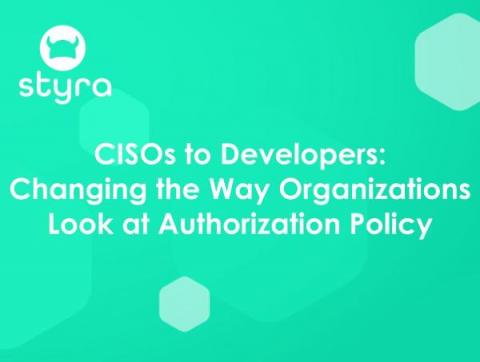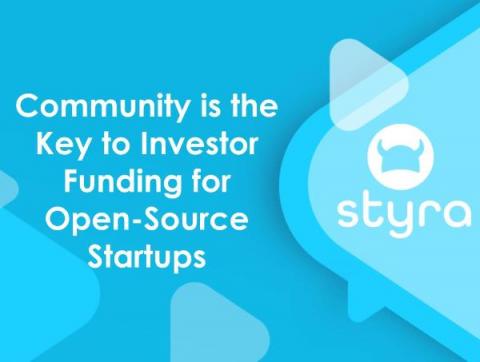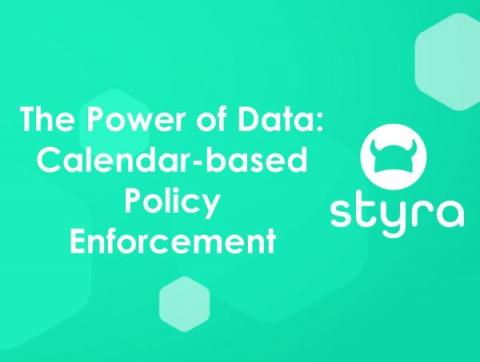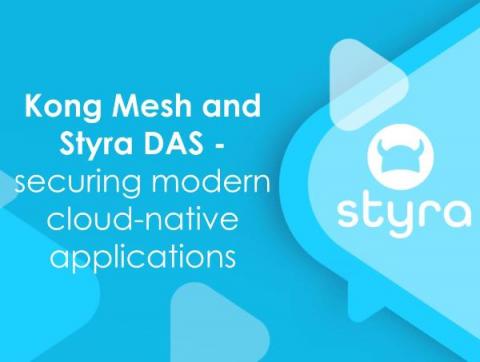Microservices Transformed DevOps - Why Security Is Next
Microservices fundamentally changed the way we build modern applications. Before microservices, engineers had a small number of huge chunks of code that made up their application. Many apps were a single monolith of code, and some might have been broken out into a frontend, backend and database. So, when a team needed to update or patch their code, they had to do it slowly and with great care because any change to any part affected every other part of their app.


